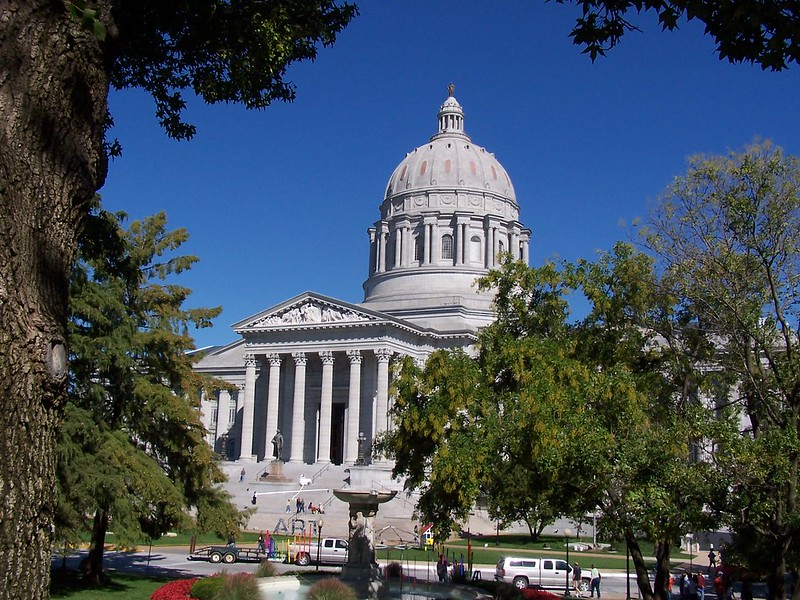Sunshine Law could allow for backdoor censorship of publicly funded journalism

With a decline in the independent, local newspaper industry as a whole, publicly-funded institutions have attempted to fill in the many gaps that have been left behind. Journalism schools, many of which are state government operated, have played a large role in this process. “It’s great for communities because they get local news that they
